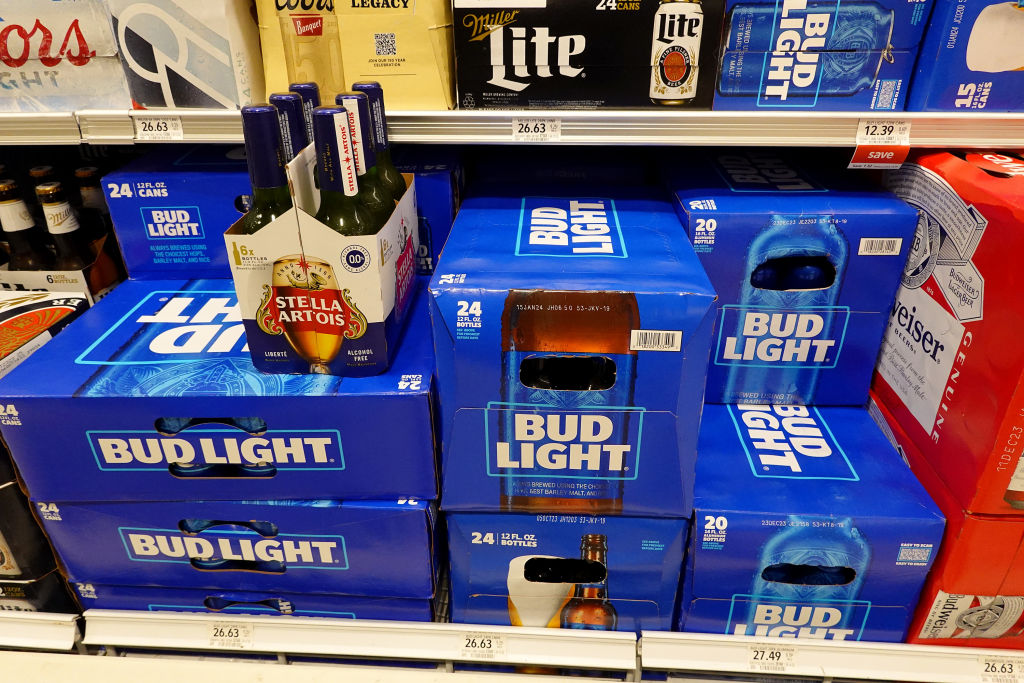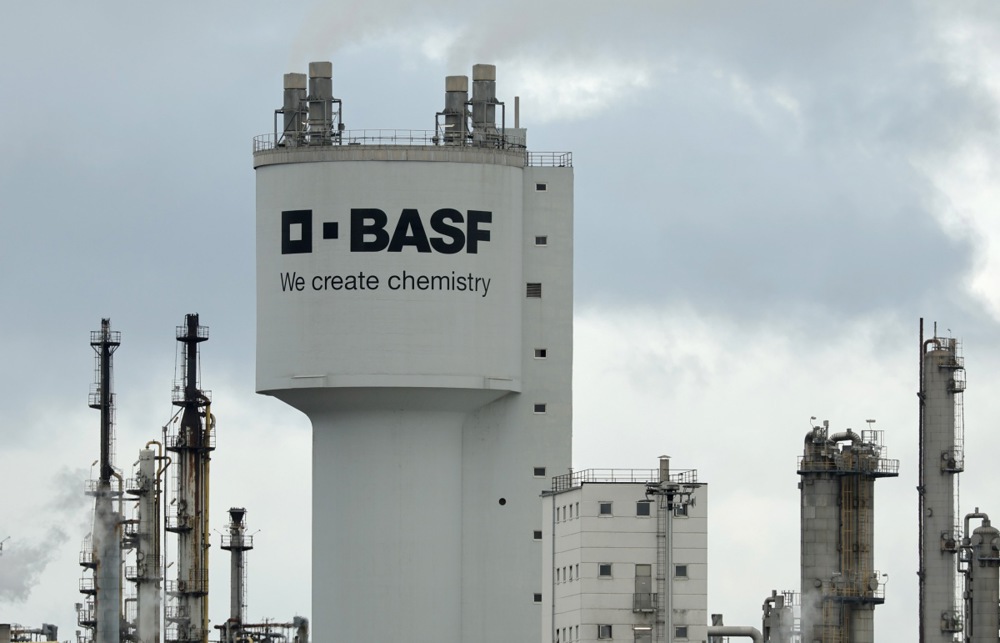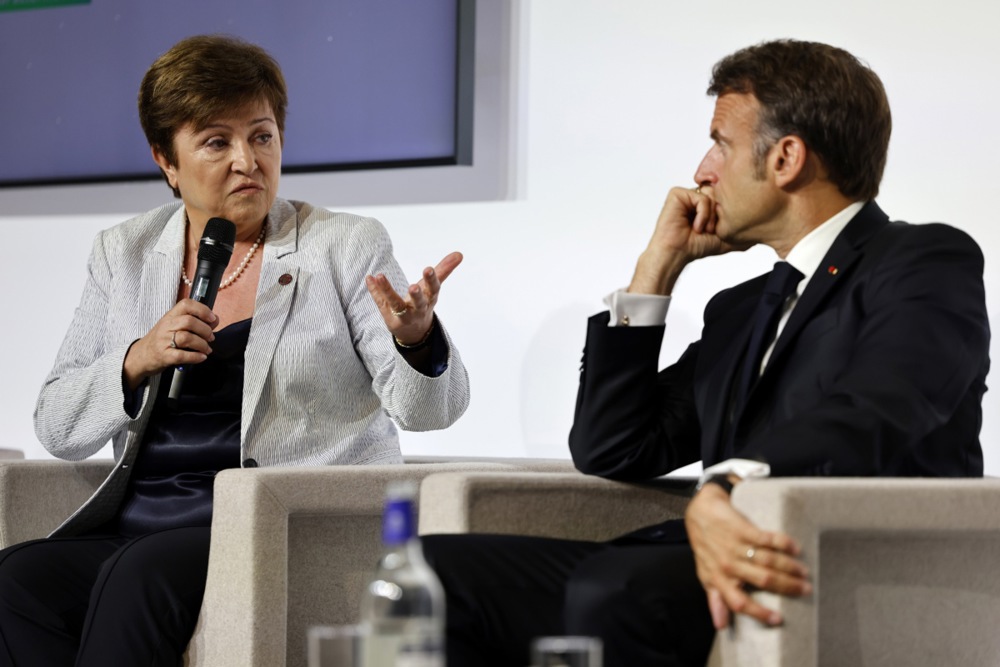Belgian brewers had a lousy 2023 as both consumption and export significantly dropped, despite the country’s reputation as a paragon of beer production.
Some 36 brewers were forced to close shop, while 23 new ones opened their doors, Belgium’s Federation of Beer Brewers reported.
At the end of 2023, Belgium had 417 breweries compared to 430 in 2022.
Together, the remaining brewers represent around 1,600 beer brands.
Belgians reportedly consumed 5.8 per cent less beer compared to the year prior, or “only” 6.5 million hectolitres. A hectolitre is equal to 100 litres.
While national consumption has been declining for years, that has traditionally been countered by increasing exports. Around 30 per cent of Belgian beer production is for the domestic market.
Exports also dropped last year – by almost 7.5 per cent on the year before.
Within Europe, there was a fall of 4.4 per cent, while outside Europe exports deteriorated by 22.2 per cent.
Krishan Maudgal, director of the brewers federation, said: “The challenges for our sector are not insignificant: rising energy, production, and labour costs, a shortage of personnel, and a plethora of taxes that put our competitiveness under pressure.”
The group’s report stated: “Production costs are rising in Belgium, making it increasingly difficult for Belgian breweries to remain competitive against the growing local supply of breweries in export countries.
“In the context of a global purchasing power crisis, consumers are more likely to choose a cheaper local alternative over an imported Belgian beer.”
Another challenge is the shift in consumption. People are drinking less, switching from typical lagers to “taster” beers or alcohol-free versions.
The latter type of beer saw an increase of 12 per cent in consumption in 2023.
Maudgal said: “People are consuming more conscientiously than in the past, which is a good thing. Belgian brewers have been advocating responsible consumption and actively fighting alcohol abuse for years.”
He added that the sector was facing “big challenges” and pointed to the government as not always helping.
“The pendulum in the fight against alcohol abuse sometimes threatens to swing too far, and certain policymakers seem to want to curb any form of alcohol consumption,” Maudgal said.
He insisted that the contribution of the brewing sector to the Belgian economy was “invaluable”.
Belgian breweries account for 1 per cent of gross national product, according to the Belgian Planning Bureau. They provide around 50,000 indirect jobs and 6,927 direct jobs – brewery-only related roles.
The sector has a relatively large economic footprint because it pays high excise duties and packaging taxes.
Despite the declining numbers, the reputation of Belgian beer remains intact, said Maudgal. “Our brewers demonstrate incredible resilience in facing the challenges they encounter. Just as they have always done in the past.
“The glass is and remains half full.
“We urge the policymakers of tomorrow to develop a thoughtful policy in the next legislature to ensure, together with us, the competitiveness of our sector and to protect and promote the Belgian beer culture,” he concluded.
Belgian brewing giant Anheuser-Busch InBev NV is trying to win back Conservatives by cosying-up to the Ultimate Fighting Championship (UFC) in a major multi-year sponsor deal. https://t.co/CC7KIbaiFl
— Brussels Signal (@brusselssignal) October 25, 2023





